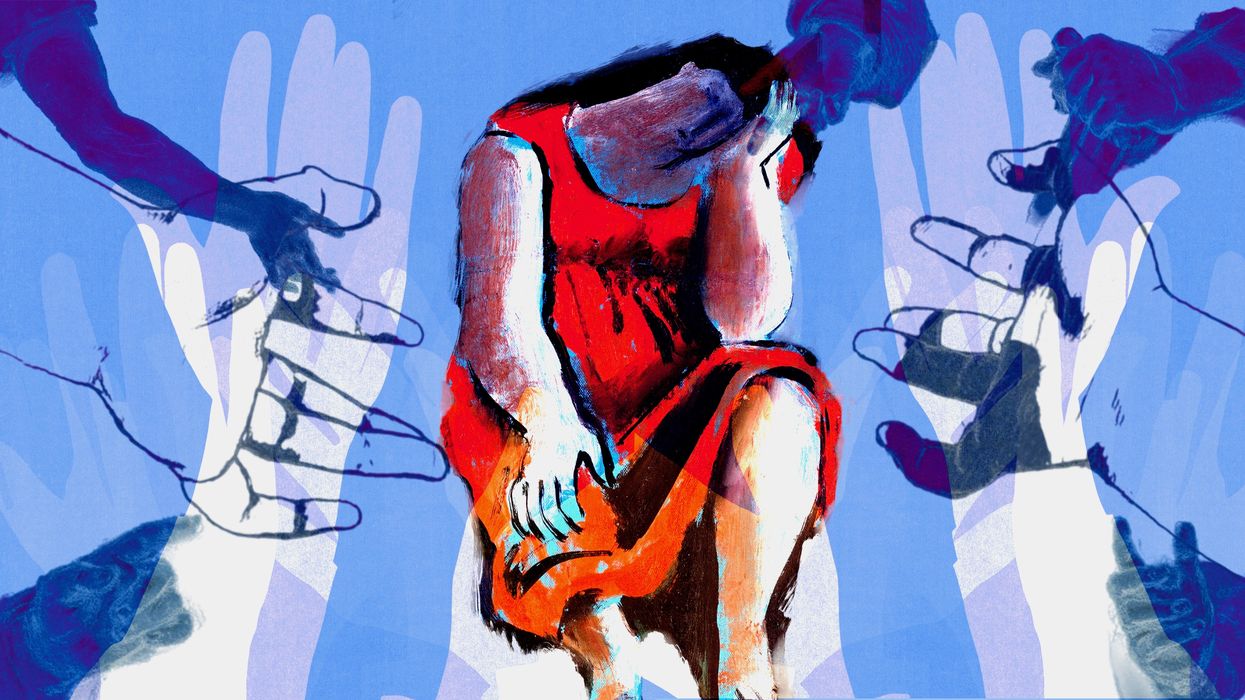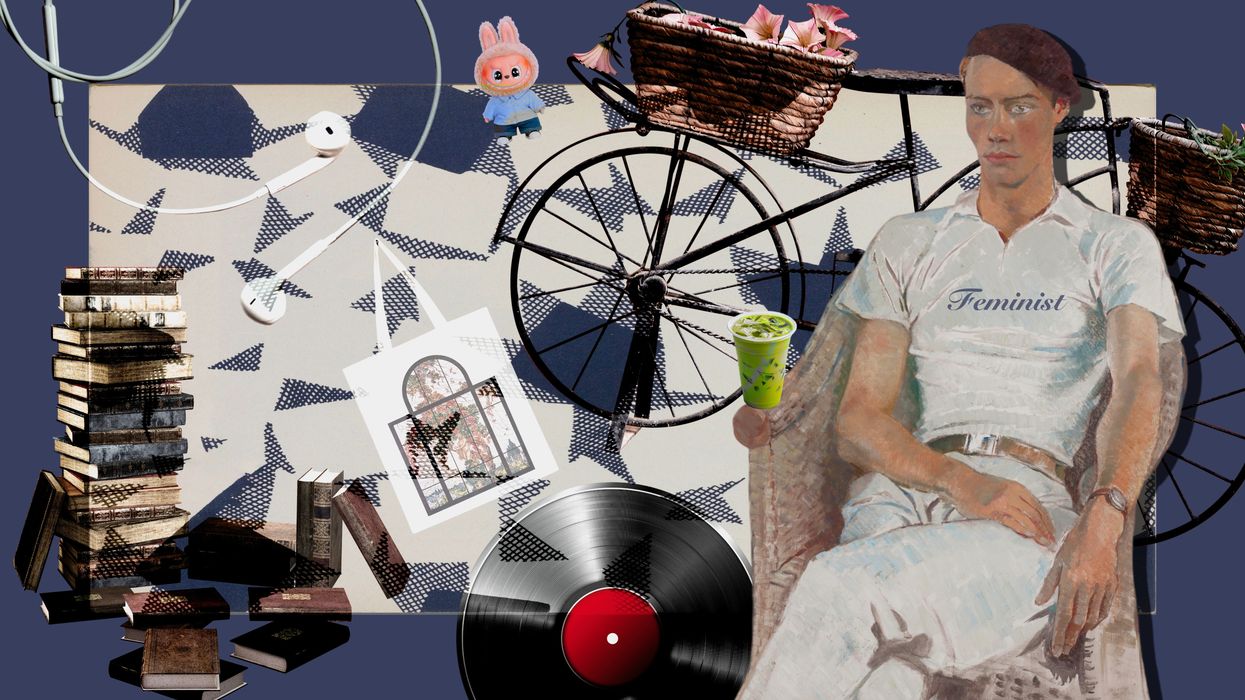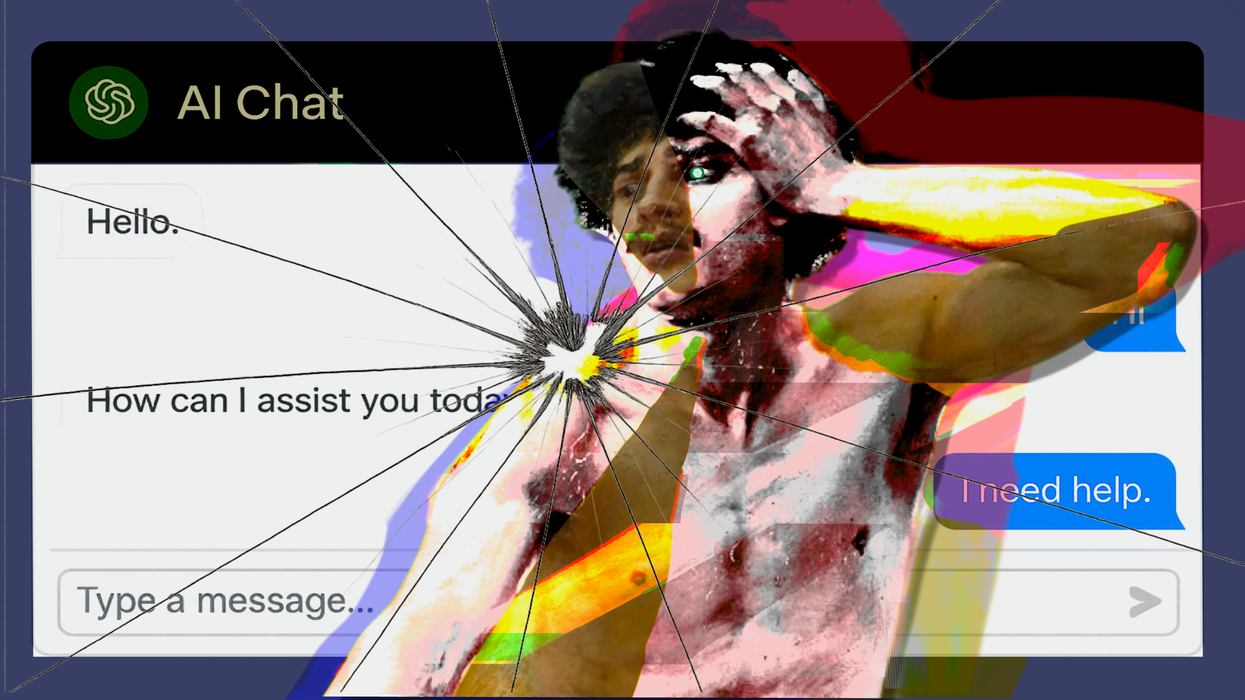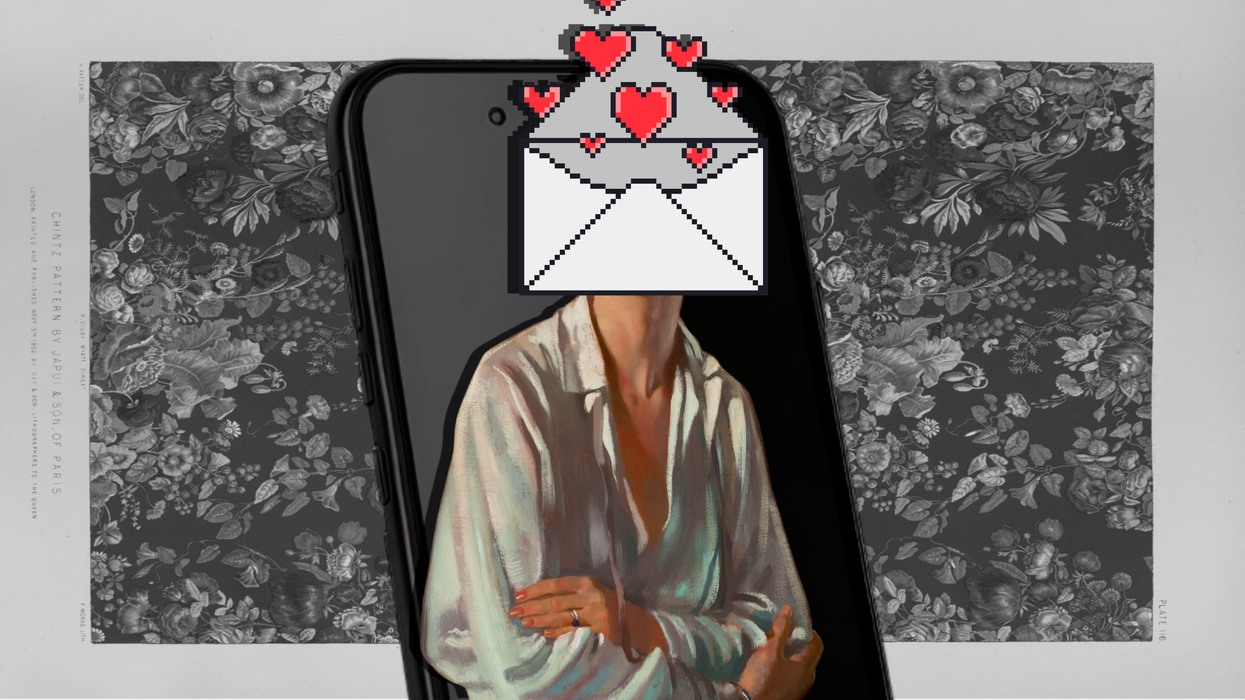Once upon a time, an ogre found love with a princess who saw past his layers. In real life, though, romance rarely plays out like a DreamWorks film. And that’s why we now have “Shrekking,” a viral dating term that twists the tale of everyone’s favorite animated ogre into something far from a happily ever after.
“Shrekking” refers to dating someone you consider “less attractive” than you, based on the assumption that, as the “more desirable” partner, you’ll be treated better. But the catch is that you can still get “Shrekked” by lowering your standards, only to get hurt anyway.
“We give the guy we're not attracted to a chance, thinking that he will for sure know what he has and treat us well,” as one TikToker put it. “And then we get traumatized by a whole troll.”
According to psychologist Dr. Carolina Estevez of Soba New Jersey, “Shrekking” is a form of emotional self-protection. It’s an avoidance strategy, she explains, where “people try to shield themselves from vulnerability, rejection or uncertainty in romantic contexts” by choosing relationships that feel “safer.”
“It feels like a buffer against deeper emotional risk,” Dr. Estevez says, adding that it can also stem from dating burnout and frustration. “‘Shrekking’ can emerge from a place of emotional exhaustion in which people just want something stable or kind, especially when dating feels discouraging.”
The underlying desire may be understandable, but the mindset it reflects can be mean-spirited and problematic. Not only is it hurtful to the person on the receiving end, but it can also reinforce narrow beauty standards, uphold toxic dating hierarchies and feed into existing biases. Because as Dr. Estevez notes, dating “often unwittingly becomes intertwined with perceived ‘value’ based on looks, income or social status,” which “can reinforce dehumanizing judgments that don’t serve genuine connection.”
After all, when attraction is limited to physical attributes alone, it’s possible for “conscious or unconscious bias to sneak in,” says sex and relationships expert and Passport2Pleasure founder Ally Iseman.
“It’s important to reflect on the qualities you find attractive or unattractive about another person beyond what they look like,” she says. “Because often those views are skewed based on what current culture says about different groups and their role in society.”
Black-and-white thinking shaped by socialization and media has us believing that “someone who isn't considered conventionally attractive must not have had things in life come as easily to them,” says Iseman. “And so they will be able to better appreciate when good things – or people – do come to them.”
But this is “an incomplete analysis of the elements at play,” she adds, especially when real, lasting attraction is often rooted in compatibility and “other factors [that] can even increase physical attraction over time.” So while “basing dating decisions around how someone is treating you rather than initial physical attraction is not necessarily a bad thing,” approaching it through the lens of “Shrekking” — and overlooking everything else — isn’t the way to go.
Love, as Shrek taught us, isn’t about appearances, power plays or calculated choices. But “Shrekking” ignores that truth and often leaves everyone worse off. Because in the dating world, trying to skirt vulnerability rarely leads to a fairytale ending. More often than not, it just leaves you acting like Lord Farquaad, demanding the dream while refusing to do the work.

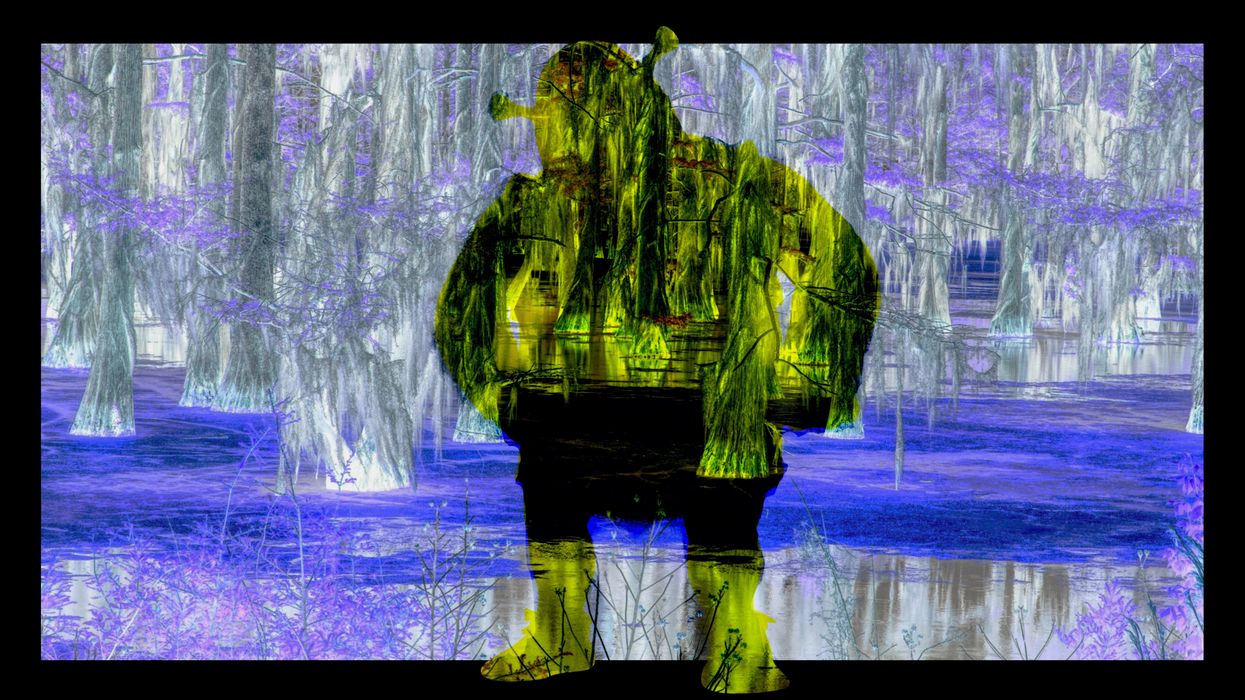
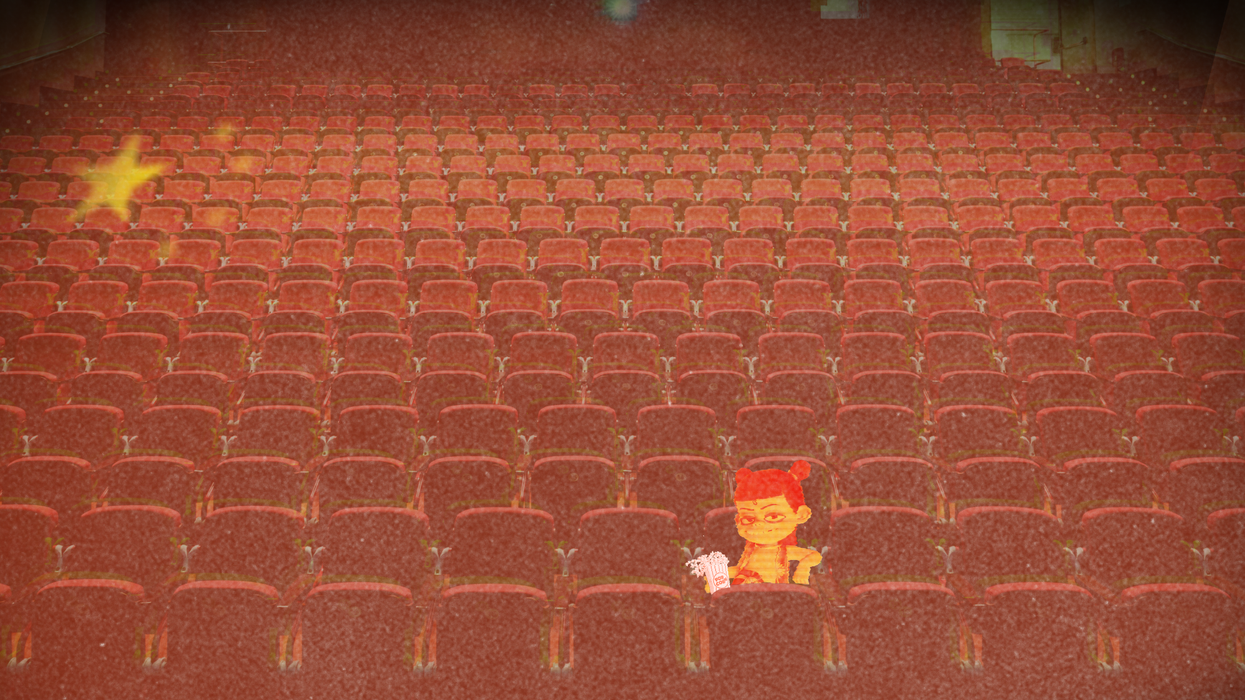
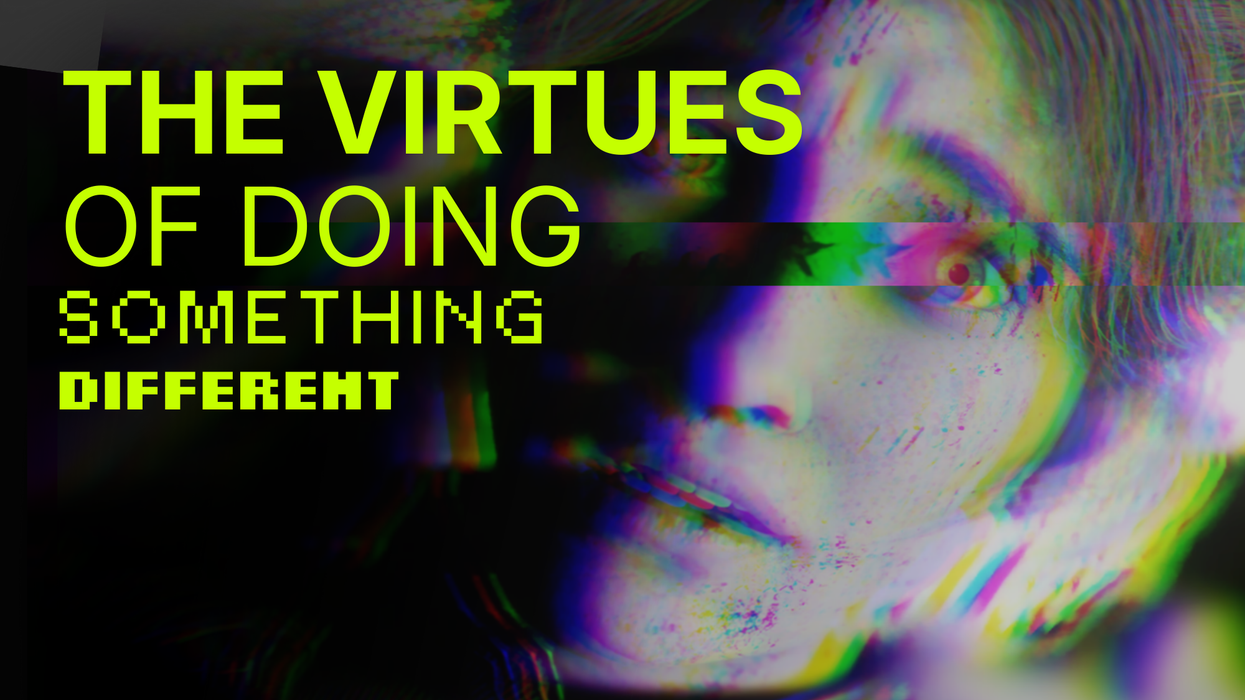
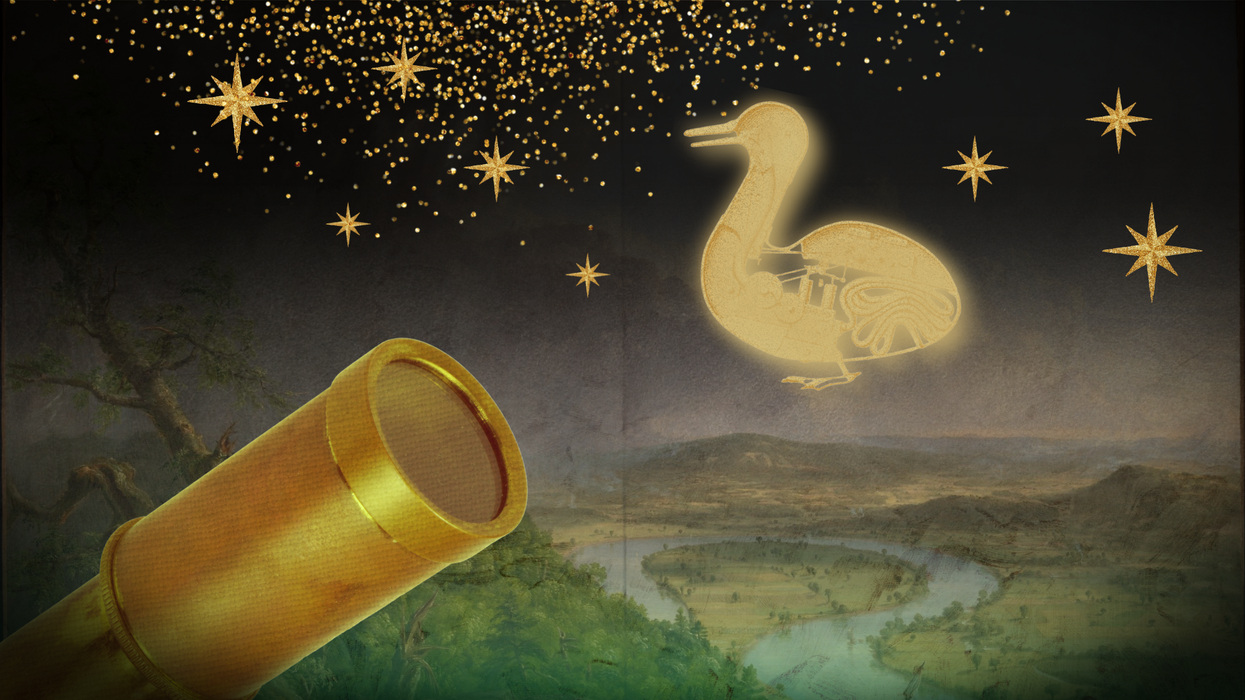


![[10/10] La Chimera: A Dreamlike Descent Into Grief, Memory and Myth](https://vextmagazine.com/media-library/image.png?id=61454821&width=1245&height=700&quality=90&coordinates=0%2C0%2C1%2C0)
